As of the end of 2011’s fiscal year, University of Massachusetts’ University Health Services was running a $500,000 deficit as well as having $5 million in deferred maintenance to aging facilities. One decision that the University had made to bring UHS back to a sound fiscal footing has faced particular controversy – the UHS pharmacy would be closing its doors come the end of this semester.

Despite misgivings by students and others, the pharmacy should be one of the services on the cutting block. Unlike other services that UHS provides for students, there are obvious substitutes for its pharmacy in close proximity to campus. Furthermore, there is also the issue that all students pay for the pharmacy through their student fees, but only a group of students are in need of the services it provides. Following this, the question of the closing of the UHS’ pharmacy is a question that can be reduced to whether UMass ought to provide subsidized services to students. As a result, the UHS ought to close the pharmacy in order to ensure that it can continue its mission of providing services that really benefit the entire student body rather than merely the needs of one group.
To start, it simply cannot be argued that the UMass campus is sufficiently isolated from private pharmacies in order to warrant the University building one on campus. There is not only one, but two pharmacies within walking distance of the campus – one in Amherst center and another down from the Southwest dormitories along North University Drive. The vast majority of students are fully capable of taking an hour out their schedule to walk to either of those pharmacies and supply themselves with the medications they require. Most need not even do that because many busses or shuttles run on a regular and frequent schedule that would bring a student to Amherst center without even having to walk far, which also provides access to those students who would not have been able to walk.
The entire argument that pharmacies are not available to students is simply unsound, contradicted by a quick glance at the community surrounding campus. At best, it is a naïve misunderstanding of the environment surrounding the campus. At worst, it is an apology for the laziness of students who cannot schedule an hour-long trip into their schedule. Either way, it is a terrible argument and one that can be thoroughly dismissed. There are clear substitutes for the UHS pharmacy in close approximation of the UMass campus, so closing the pharmacy would not be a detriment to the well-being of the student population.
That aside, the fundamental concern regarding the closing of the pharmacy ought to be the issue of whether or not the fees of healthy students should be increased in order to provide for a pharmacy that they would not use. Not everyone uses the pharmacy, not every student is in a position to even need prescription drugs. This columnist, for instance, has never needed to go to the pharmacy in the four years I’ve has been a student here; indeed, I’ve has never set foot within the entire UHS complex, not even once. To ignore that there are plenty of students who do not need the services of a pharmacy, who can properly supply themselves with drugs over the counter, would be to forget a part of the population that must nevertheless pay much of the operating costs of the pharmacy in the price they pay to attend this university. Nihil ex nihilo, the bread we eat must first be baked, and the pharmacy cannot operate on a budget of good wishes. The operating costs of the pharmacy must somehow be paid if it is to continue, and someone in the long run must eventually foot the bill.
If the pharmacy remains in operation, then it will be the students who will foot that bill. The costs will eventually be added to the fees that they pay to attend classes at the University. As of now each student has to pay $654 in annual fees to come to the University that goes to supporting UHS. This is certainly no small sum, especially with the costs of an undergraduate education being what they are these days. Since student can opt out of receiving UHS service, UHS ought to focus on providing benefits that we all can be in a position to enjoy. However, the drugs that the pharmacy sells go to the private benefit of the purchaser and since not all students make use of the pharmacy, many students are saddle with the costs for services that they are not in a position to benefit from.
In other words, those that are using the pharmacy are enjoying services partly paid for by those who do not consume those services. If this were not the case, then the UHS pharmacy would be capable of running entirely off of the sales it makes, but this is clearly not the case. It would not even be plausible that students would be willing to pay more for their drugs at the on-campus pharmacy when they could go down the street to get some at a lower price – the marvel of competition.
The UHS pharmacy is not self-supporting, though, and hence fees from those who do not use it are going into providing for ensuring that a group of students on campus have easy access to their drugs. It is certainly a privilege of some paid for by all. When there are pharmacies nearby that students in need could go to, having all students pay fees that go to the support of a service that they do not use is simply unnecessary privilege. Since such privileges have no place in a society of free persons, the pharmacy ought to be closed in order to ensure that all students pay for services that they would actually utilize rather than subsidizing the private consumption of other students.
In the end, even though much attention deserves to be given over the fact that the entire UHS system is running severe deficits each year – this on its own would cause enough to close down inessential services that the UHS pays for – not enough attention is given to the fact that, by paying their tuition fees, many students are providing for the consumption of a smaller group within the student body.
When undergraduate education is as expensive as it is, there is no need to put another cost upon students for a service that they will not consume. Those who do have to supply themselves with drugs not sold over-the-counter can easily walk down the street in order to give either of the CVS pharmacies down the street their business. To bill someone for services that they will never consume when there are clear substitutes available in the local community simply has no place in a free society and therefore the UHS pharmacy must be closed.
Harrison Searles is a Collegian columnist. He can be reached at [email protected].







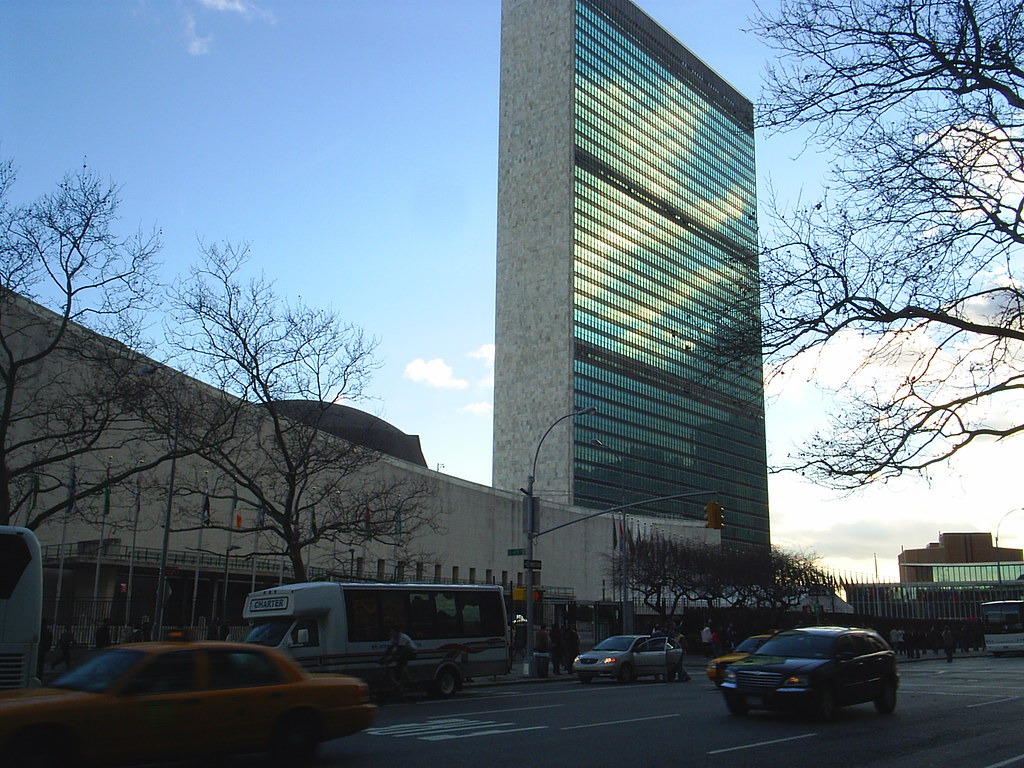
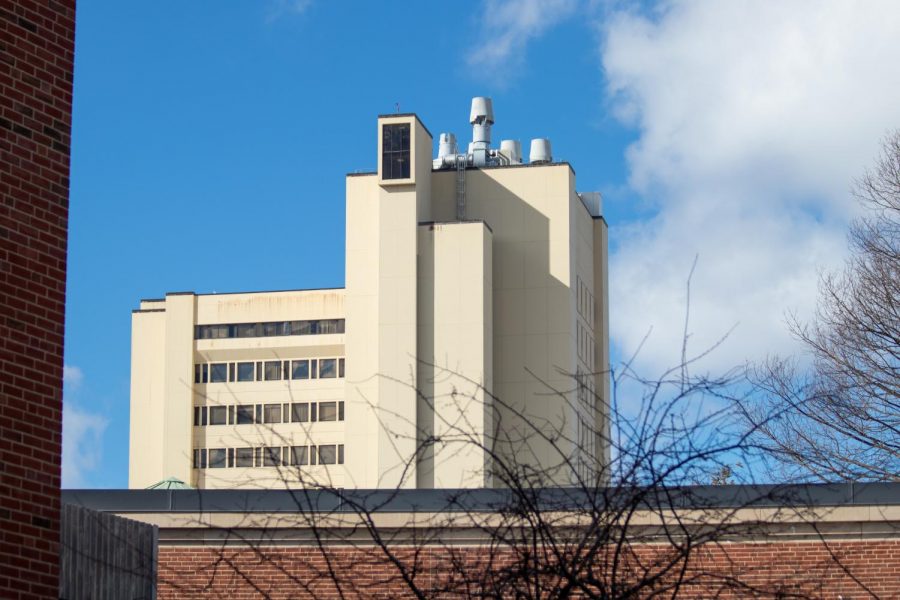

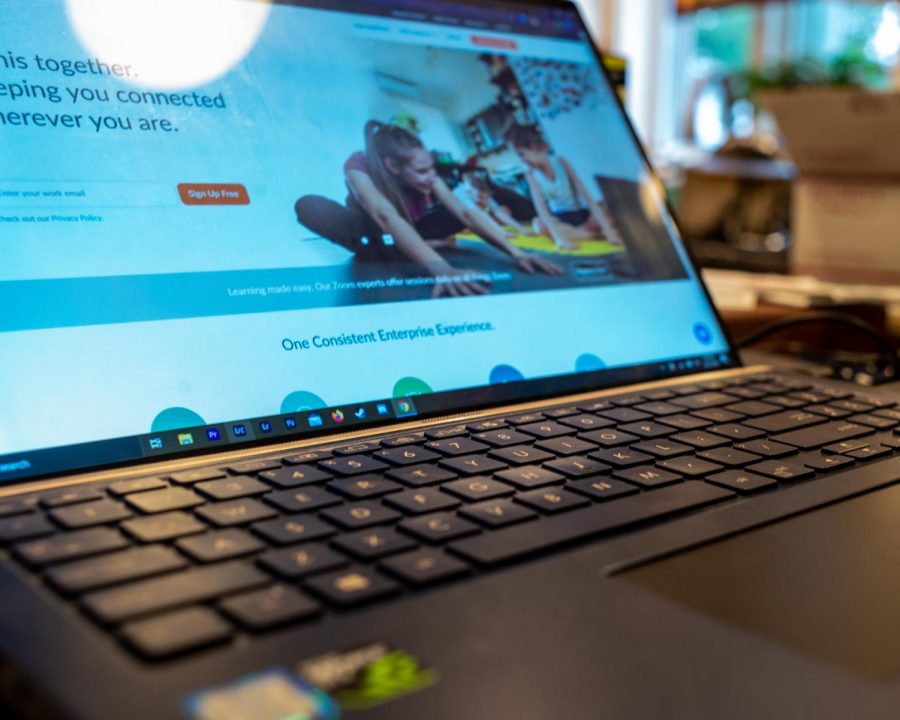
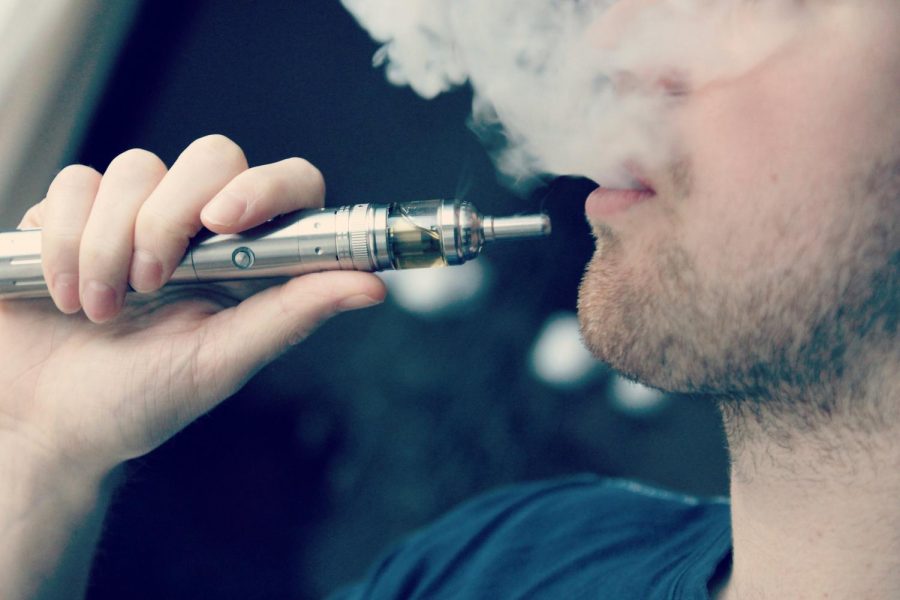
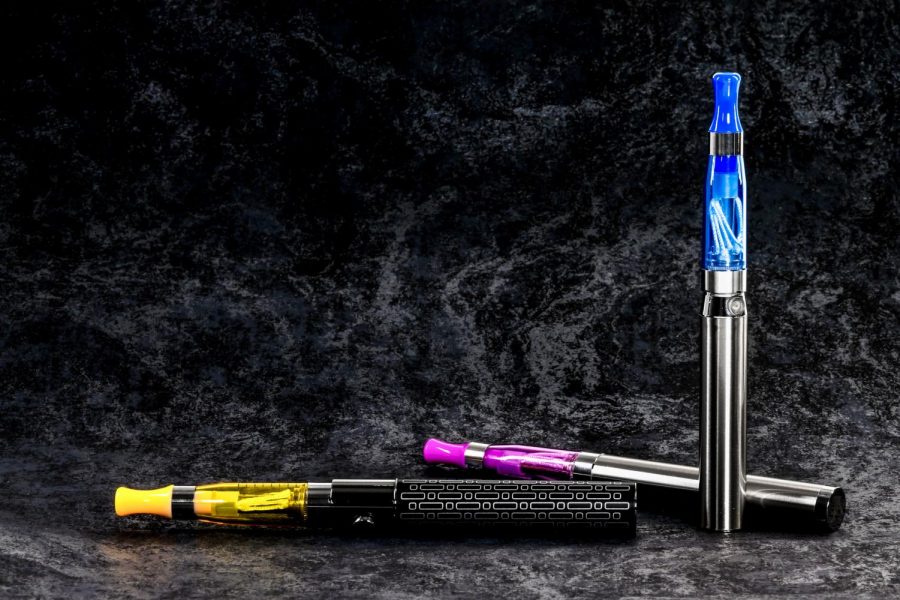
Brad Lee • Apr 1, 2012 at 10:05 pm
Students without long standing conditions aren’t privileged, but lucky.
Bobby • Apr 1, 2012 at 1:31 pm
If I am sick and walk all the way from Southwest to UHS and find out I’m sick and need prescriptions filled, I sure wouldn’t want to walk to the pharmacy off-campus. When I was really sick this past October, I spent 5 hours in UHS, had 2 tests done, an IV, and then needed 3 prescriptions filled. I sure would not have wanted to walk or take public transportation to CVS at that point. It might be fine if the sick person has a cough or cold, but what if they are more seriously sick?
E. Bradley • Mar 30, 2012 at 6:36 pm
As a student who is dependent on prescription drugs, I must point out that the benefits of the UHS pharmacy extend beyond its convenient location. UHS stocks more brand-named drugs than CVS, which tends to stock generics. While some might argue generic drugs work the same, others find that the slightly different formulas do not work as well and/or can cause a readjustment period. There is also considerably less legal protection for the users of generics.
Without the UHS pharmacy, many students would no longer have access to their regular medications. Access to quality, life-saving medication is not an unnecessary privilege. It is a necessity.
I acknowledge that it may be best to dispense with the pharmacy, if that would mean the preservation of other crucial health services or the end of co-insurance. But it should be acknowledged that closing the pharmacy will negatively impact the lives of many students. Personally, I would be happy to pay an extra opt-in fee for use of the pharmacy.
UHS must weigh the needs of the entire student body with the needs of the students who use and depend on it most. Healthcare designed only for the healthy is not quality healthcare.
Students without long-standing conditions *are* highly privileged.
anonymous • Mar 30, 2012 at 4:33 pm
There are many more aspects to this story.
The UHS pharmacy receives a discount on services thanks to our campus’ relationship with UMass Medical Center in Worcester. Most of the prescriptions and medicine provided at the UHS pharmacy are considerably cheaper than you’ll find off-campus.
The pharmacy also services many more people than just UMass students, including residents from Amherst who are not affiliated with the University at all. Local businesses like CVS were not consulted before these changes were made, and commentators have expressed serious doubts that the business will be able to handle the very large increase in prescriptions they’ll have to provide.
Finally, the steering committee independently looked at UHS’s books and found they were undercharging insurance companies; charging them more will go a long way to making the pharmacy self-sustaining.
As a fellow student I sympathize with your frustration at paying a fee towards funding UHS when you haven’t used it yourself, but I hope you would see that your good health is good fortune on your part, and the “smaller group within the student body” you refer to repeatedly in your column is the less fortunate, the sick students on campus.
Acacia • Mar 30, 2012 at 9:38 am
I like this argument. You have officially changed my viewpoint on the UHS pharmacy issue. It’s not that tough to get to CVS. However this argument does not work for the cutting down of hours–Cooley Dickenson is not quite so easy to get to a trip to the ER is not cheap if students are forced to go there on the weekends instead of UHS for more minor ailments.